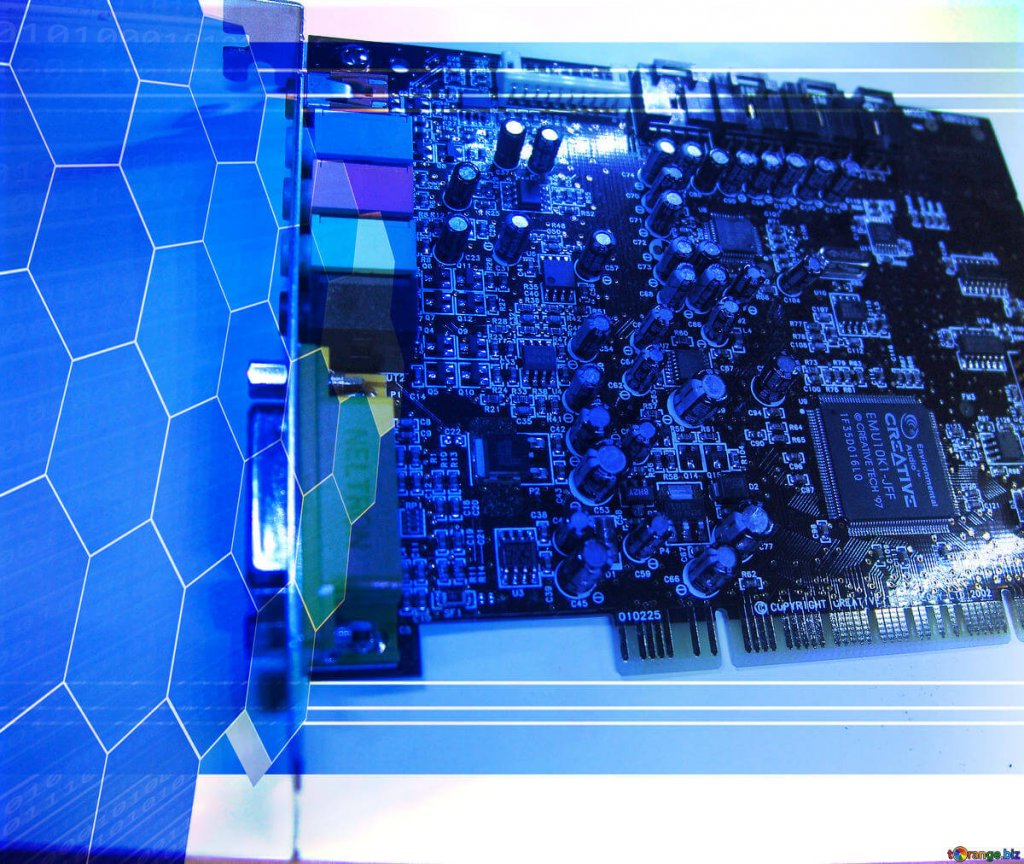Technological advances are happening so quickly in many industries today that it is almost as if what is up-to-date today, is obsolete by tomorrow.
Retail, tourism, factory production, grocery stores, the traditional ‘bricks and mortar’ industries that have relied upon a physical ‘high street’ presence, are slowly being eroded by the rising tide of tech advances that are rendering this physical presence unnecessary, primarily due to advances in online trade and technology.
The translation sector is another industry that has traditionally been considered a ‘human’ industry, one which requires the existence of a translator, linguist or interpreter, in order to fulfil the task. However, with the rise in education and translation Apps, there are some who question the need for this human interaction in the foreseeable future.
In the Arab world, translation has always been highly prized as a means of communicating with the non-Arab community, and as the expertise behind the facilitation of cross-border commerce and trade.
A recent article in the Saudi Gazette, looked at how the advancement of translation technology will affect the translation industry worldwide. Will translators become a thing of the past, relegated to the history books? Or, will they survive this tech encroachment into a previously predominantly human sector?
The article discussed how translation Apps can help holidaymakers order food in a local dialect, and engage in straightforward conversations, but also considered how the specific tasks of translators often require the need for high levels of accuracy, and an understanding of context.
The Saudi Gazette interviewed three professional Arab translators who all believed that, while translation Apps have their place in the lives of frequent travellers, or those who wish to teach themselves basic communication in another language, they are not yet at a standard that renders experienced and qualified translators or linguists, redundant and superfluous.
Instead, the translators suggest that even though there are huge numbers of language and translation Apps becoming available on a daily basis, the need for translation experts has increased, rather than decreased.
Their point is a valid one, especially when you consider that recent research suggests the global market for outsourced language services and technology will be worth US $46.52 billion by the end of 2018, and US$56.18 billion by 2021.
One of the translators interviewed by the Saudi Gazette, Muhammad Ahmed, a senior translator with over 40 years of experience, suggested that translation software and Apps could assist those requiring minimal translations, such as holidaymakers, who only need a few basic words to get by, but those who require a professional translation such as, international companies, business people, or those who need legal translations, would require a greater degree of accuracy which can only be provided by human translators.
He continued, stating, “The language of a document that is coming out from court, for example, is in a legalese that uses technical language that cannot be translated properly by any translation application and instead needs an experienced translator. The same can be said about complicated medical reports.”
Another interviewee, Afnan Abdulaziz, a translator graduate in her late 20s, said, “Translation apps or what we in the profession call Computer-Aided Translation have come a long way since they started. We have moved from apps giving only word for word equivalence to apps that can not only translate whole paragraphs and sentences but also translate speech like an interpreter does.”
She suggested that while many people might consider that the new technology replaces human labour, it would not have existed without the humans behind it.
She added that professional translators have been using computer-aided technology for many years, long before Google Translate and other Apps, which has assisted translators in speeding up translations, but said that the technology available to most people was not perfect.
Overall, all of those questioned believed that computer-aided translation, and translation Apps, can help translators perform their role with more speed, but should not be depended upon to offer 100% accuracy; computers can’t comprehend the context of each translation, or where there can be multiple meanings for one word, and selecting the correct usage depends upon the context in which it will be used.
Computer technology has not yet advanced so far that it can ‘read between the lines’ as human translators are frequently required to do, and they do not understand cultural difference, or linguistic variation.
It seems then, that translators’ jobs are secure for now, and that tech will only aid the translation process rather than replace the human element.












